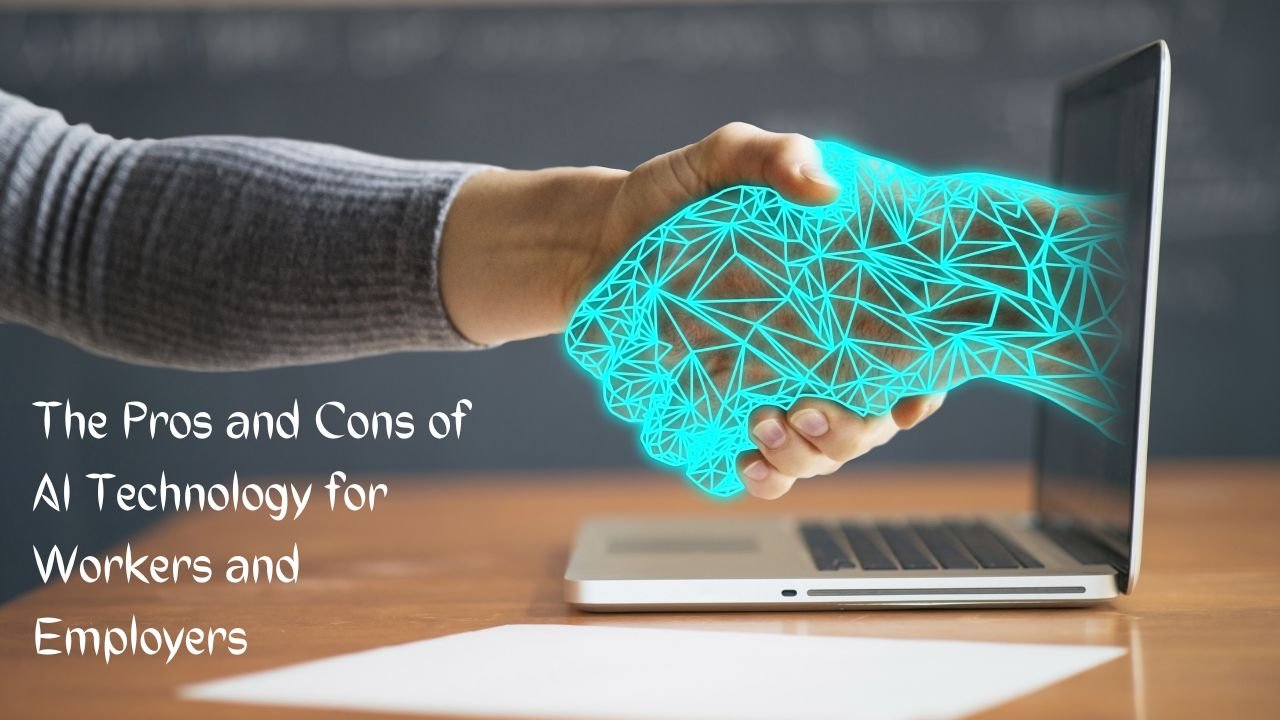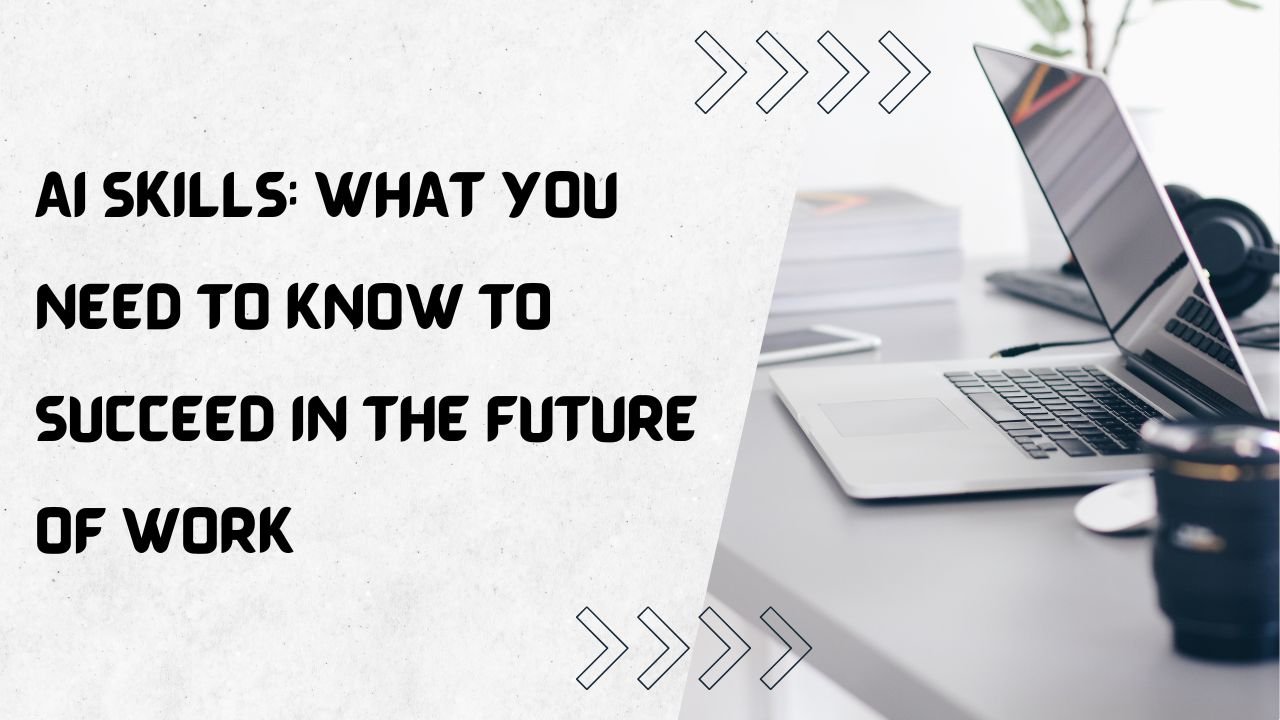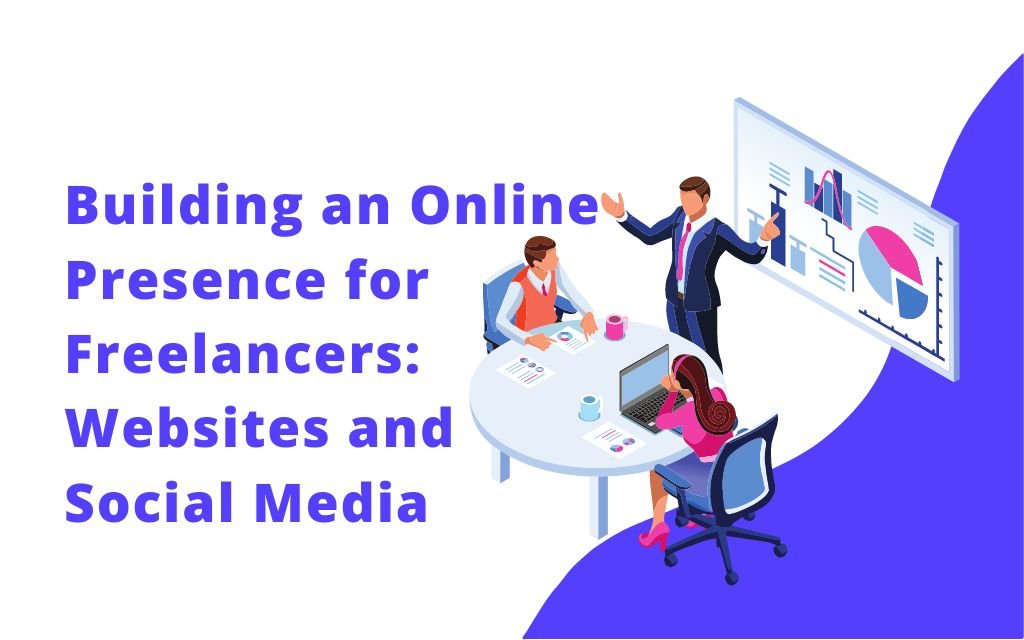Artificial intelligence (AI) is the ability of machines to perform tasks that normally require human intelligence, such as perception, reasoning, learning, decision making and problem solving. AI technology is rapidly advancing and becoming more accessible, affordable and scalable for various industries and sectors. In this article, we will explore how to prepare for the changing nature of work in the AI era, and what skills and strategies are needed to succeed in the future of work.
How AI is Changing Work
AI is changing work in many ways, such as:
- Automating routine, tedious or complex tasks that can be performed faster, better or cheaper by machines, such as data entry, accounting, customer service, quality inspection, etc.
- Augmenting human capabilities and creativity by providing data analysis, simulation, visualization, natural language processing, computer vision and other tools that can enhance human intelligence and performance.
- Creating new jobs and roles that require expertise in AI, machine learning, data analytics and other emerging technologies, such as data scientists, AI engineers, machine learning developers, etc.
- Transforming existing jobs and roles by changing the tasks, skills and competencies required for them, such as salespeople, teachers, doctors, lawyers, etc.
- Disrupting existing industries and sectors by creating new products, services and business models that leverage AI technology, such as autonomous vehicles, smart homes, personalized medicine, etc.
How to Prepare for the Future of Work
To prepare for the future of work in the AI era, workers and employers need to adopt a proactive approach to managing the impact of AI on their operations and workforce. The following strategies can help them navigate the rapidly changing landscape and capitalize on the opportunities offered by AI:
- Upskill and reskill workers: Workers need to acquire new skills and competencies that are in high demand in the AI era, such as digital skills, social and emotional skills, job-specific skills and lifelong learning skills. Employers need to provide training and development opportunities for their workers to help them adapt to the changing nature of work.
- Foster a culture of innovation: Workers and employers need to embrace change and innovation as a way of working in the AI era. They need to be open to new ideas, experiments and solutions that can improve their performance and value. They also need to be agile and flexible to respond to changing customer needs and market conditions.
- Develop a clear AI strategy: Workers and employers need to have a clear vision and plan for how they will use AI technology to achieve their goals. They need to identify the opportunities and challenges that AI presents for their industry and sector. They also need to assess their current capabilities and gaps in terms of AI technology, skills and resources.
- Collaborate with external partners: Workers and employers need to leverage external partners that can provide them with access to AI technology, skills and expertise that they may not have internally. They need to build networks and alliances with other organizations, academia, research institutes, etc. that can help them innovate and grow in the AI era.
- Focus on ethical AI implementation: Workers and employers need to ensure that they use AI technology in a responsible, ethical and transparent manner. They need to consider the social, environmental and economic impacts of their AI applications on their stakeholders, customers, communities and society at large. They also need to comply with relevant laws, regulations and standards that govern the use of AI technology.
Conclusion
AI technology is transforming the nature of work by providing data-driven, intelligent and automated solutions that can improve performance, efficiency, quality, innovation and customer value. To prepare for the future of work in the AI era, workers and employers need to upskill and reskill workers, foster a culture of innovation, develop a clear AI strategy, collaborate with external partners and focus on ethical AI implementation.




